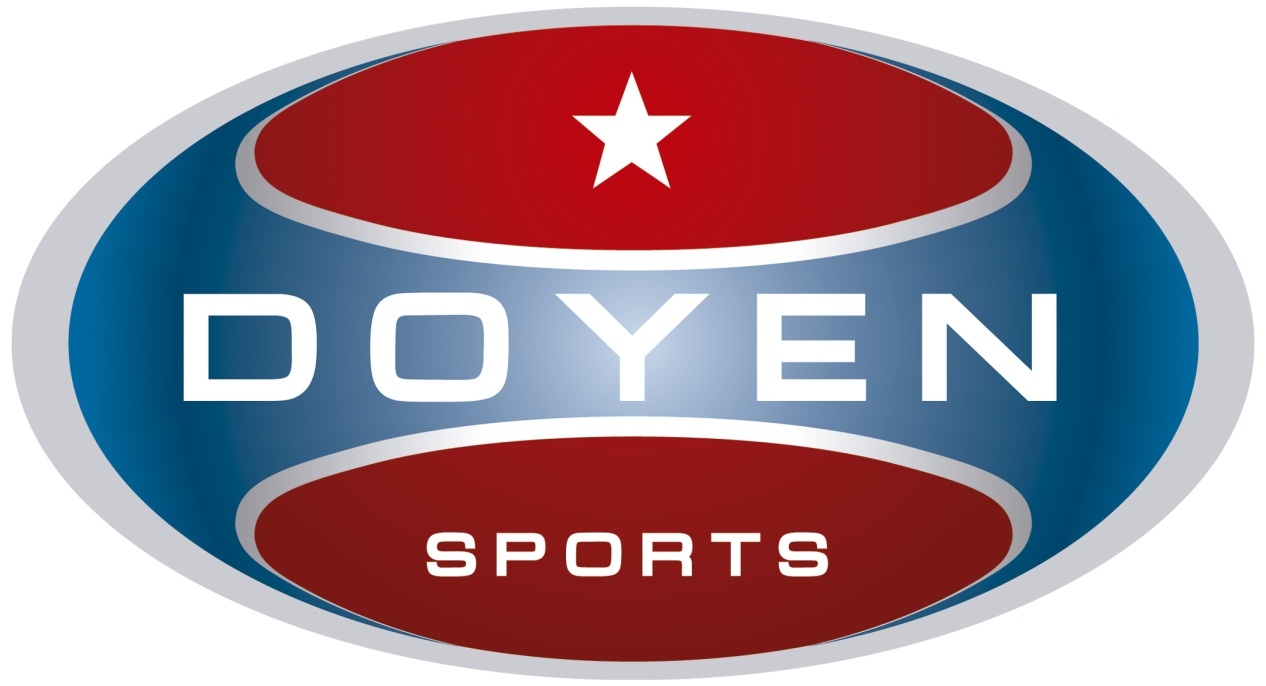Soccer players have traditionally been owned solely by their club, meaning that any transfer has to be agreed by just two parties, the selling club and buying club.
In the last few years one particular company has changed the way soccer player transfers have been handled — Doyen Sport, part the Doyen Group, which also has interests in mining, real estate, hotels and other industries.
Aside from a scattering of newspaper articles, the group remains largely unknown to the average soccer fan outside of Spain and Portugal, despite the significant changes they are making to one of the biggest aspects of the sport.
In short, the Doyen Group is a collection of wealthy and (largely) anonymous businessmen who invest in footballers’ careers as a way of making money.
They work by purchasing a percentage of a player by providing loans for clubs to finance the transfer of players. When the player is transferred to a new club, Doyen loans the purchasing club an agreed part of the inflated transfer sum in return for their share of the profits later on.
This method of player transfers initially started in Latin America, where clubs were often cash-strapped, and players would frequently join European sides for large sums of money. An example comes by way of looking at Kaka, who came through Sao Paulo’s youth academy before joining AC Milan for $9.5 million and Robinho who moved to Real Madrid for $27 million.
There is more than an element of betting behind the scheme, as the investment relies in the player increasing in price and performing well. If a club sells a player for an inflated sum, and he flops in the future, it’s irrelevant to them. With Doyen’s model, their profits rely on continued success and a share in future earnings.
For Doyen, being aligned with someone like Neymar is the equivalent of winning the Powerball jackpot. Doyen works with Neymar on commercial and endorsement deals, demonstrating that the group does more than provides loans to clubs.
The advantage of the aforesaid Doyen model is that it can benefit cash strapped clubs, as they can receive injections of capital from an alternative source. It’s one of the reasons that Spain has welcomed 3rd party ownership over the years.
Perhaps the best example of this is Atletico Madrid, over $500 million in debt, yet able to go out and spent $45 million on Radamel Falcao from Portuguese club FC Porto. With Falcao, the club improved notably and recorded their first win over city rivals Real Madrid in a decade.
When Falcao eventually moved to Monaco for $70 million, much of the fee would go to Doyen, but Atletico still took home a small profit, and was blessed with a player who had helped bring lucrative success and silverware to the club.
In leagues where financial giants dominate, such as Spain, the appeal of 3rd party investors are clear. It can help promote competition, bring players to the league that would otherwise not join and gives youngsters with potential to join bigger clubs.
The danger is that the game will start being used as a pawn for powerful investors, who will move players for the sake of profit and cause turmoil within the sport.
It was noted that the Rixos Hotel chain, owned by another aspect of Doyen, suddenly became a shirt sponsor for Atletico during this time.
This is why third party ownership is an issue that is continuously debated. Many do not want to see it be a part of soccer. Concerns have been raised about the transparency of such businesses, as well as issues of exploitation of young players and the aforementioned potential for corruption.
Doyen’s role as a sports agency remains largely unclear, as is how much influence they have on where their clients move to, although their financial influence suggests they are far more than silent partners, and a highly controversial aspect to modern soccer.
